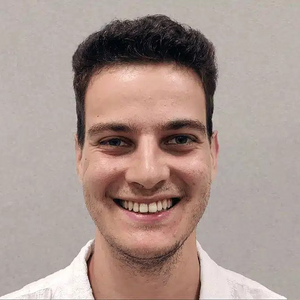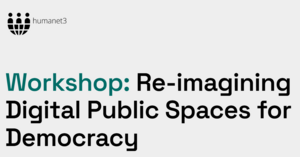How does industrial policy affect technological change? To analyze this question, we focus on a period of unprecedented state intervention: the economic system of Nazi Germany. After 1933, the government not only tightened and introduced market restrictions, such as foreign exchange and domestic price controls, but also subsidized private investment in autarky and armament industries on a large scale. While previous research has focused on estimating aggregate investment in these industries and the extent to which private firms were forced to invest by the state, this paper analyzes the impact of these policies on R&D activities and, consequently, on technological change. To analyze the direction of technological change, we use a newly constructed patent dataset that includes a sample of over 80,200 patents filed between 1928 and 1941. We use these data to analyze three main research questions. First, did the promotion of investment in autarky industries (e.g. fuel production or ore mining) and armament industries increase patenting in the technology classes associated with these industries? Second, do we observe an increase in the importance of state-owned enterprises or military institutions for R&D? Third, do we find evidence of a change in the direction of R&D activities within large firms?
Contact person: Michael Rose
Subscription to the invitation mailing list and more information on the seminar page.


